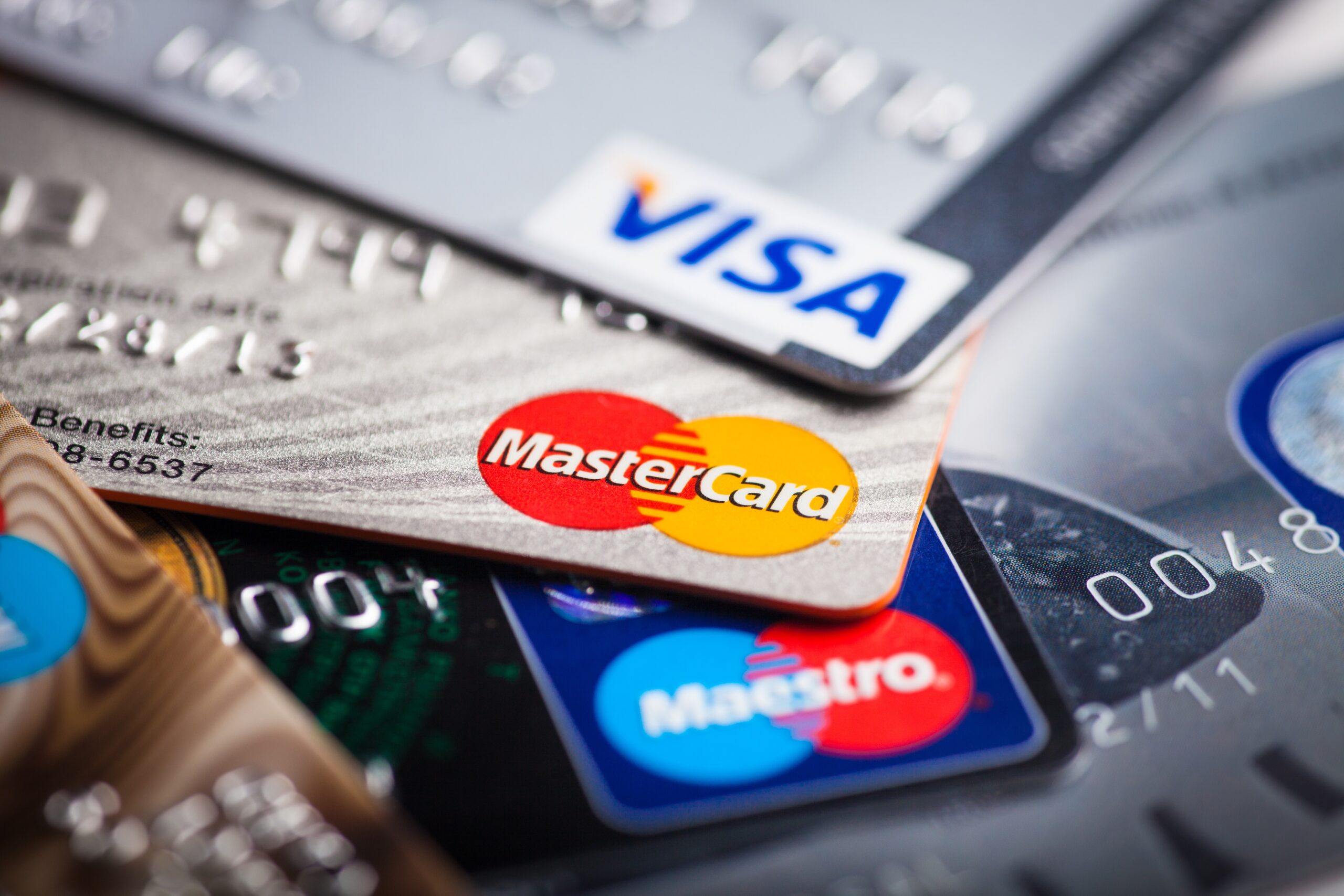Although the retail sector was essential to the bank credit recovery process, the concentration of unsecured lending in bank loan portfolios can have detrimental financial effects.
According to information obtained from the Reserve Bank of India (RBI) under the Right to Information (RTI) Act, credit card defaults increased by Rs 951 crore, to Rs 4,073 crore in FY23 from Rs 3,122 crore in FY22.
Although the retail sector was crucial to the bank credit recovery process, the concentration of unsecured lending in bank loan portfolios can have significant macroeconomic and financial effects.
The RBI is worried about the impact of this increase in unsecured lending on the financial system. The RBI has also expressed concern about the rising risk of defaults on unsecured loans in the context of high interest rates and high inflation.
“Over the past two years, credit card holders have grown their leverage. According to a report by TruBoardPartners, “transaction value on credit cards has doubled within the same period, while incremental amount due on credit cards has practically tripled from FY21 to FY23.
When you use your credit card for an extended period of time without making any payments towards the balance due, this is known as a credit card default.
According to Paisabazaar, if you don’t pay the minimum amount due on your credit card for six consecutive months, you could be added to the defaulter list and your account would be instantly terminated.
When you accept a credit card, you consent to a number of terms and conditions, one of which is the obligation to pay the minimum amount due by the deadline indicated on your credit card statement.
With credit cards, consumers are given a monthly statement detailing their spending with a specific repayment due date. The debt can be carried over to the billing cycle for the following month by paying the full amount or the minimum amount payable by the deadline. Banks can levy interest rates of up to 38 to 42 percent on unpaid debts in default situations.
Your credit card will be in default if you miss the minimum payment for six months or more in a row. In these circumstances, your credit card company will call you after sending you a number of notices via email or SMS to request payment. After a predetermined amount of time, they will cancel your account and notify the credit bureaus of the default.
Let’s say you waited 5 days after the due date to pay the MAD. You will be classified as a 5-day delinquent in this situation.
You will, however, be 30 days late if you don’t pay the MAD by the subsequent due date.
The issuer will step up efforts to get you to pay the debt after this subsequent time frame.
You’ll get a lot of phone calls, SMS messages, and emails.
Additionally, Loan Recovery Agents (LRAs) may visit you after 90 days.
While some credit card companies may send you a legal notice or file a police report, others may offer you a compromise in the form of a one-time settlement.
Your credit card account will be placed in the recovery pool if you don’t pay your bills for 190 days, or more than 6 months.
The issuer’s only remaining option is this settlement. The issuer will designate your account as a Non-Performing Asset (NPA) in this case.
This indicates that the issuer regards the use of your credit card as a loss.
They could now sue you or sell your debt to a debt collection company.
Card issuers are required by the RBI Guidelines to provide cardholders with a 7-day notice period beginning on July 1, 2022, advising them of their intention to report them as defaulters to the credit bureaus and allowing them to pay off any outstanding balances during this time.
Your balance may be transferred to another bank’s account for EMI payments. Processing costs are reasonable, and initial interest on the transferred amount is waived for a brief period of time.
To clear your debt, you can obtain a loan. Compared to the interest levied on credit cards, the loans have lower interest rates.
You can ask the bank to divide the outstanding amount into EMIs so you can pay it off over a set length of time. This gives you the opportunity to repair your connection with the bank going forward in addition to giving you an extension.
In the worst-case situation, you always have the option of selling or breaking your other investments. You can use the income from your fixed deposits, mutual funds, or gold loans to pay off any remaining balance you have with the bank.

